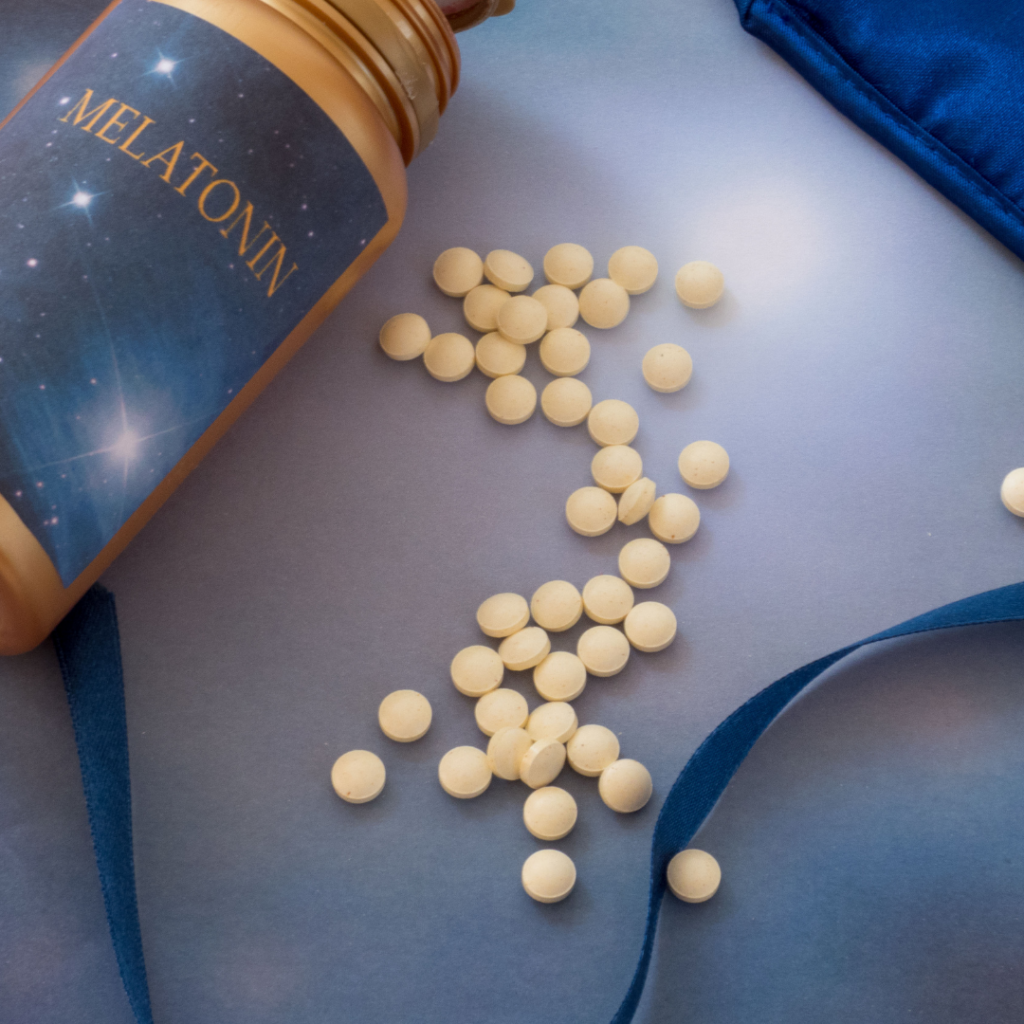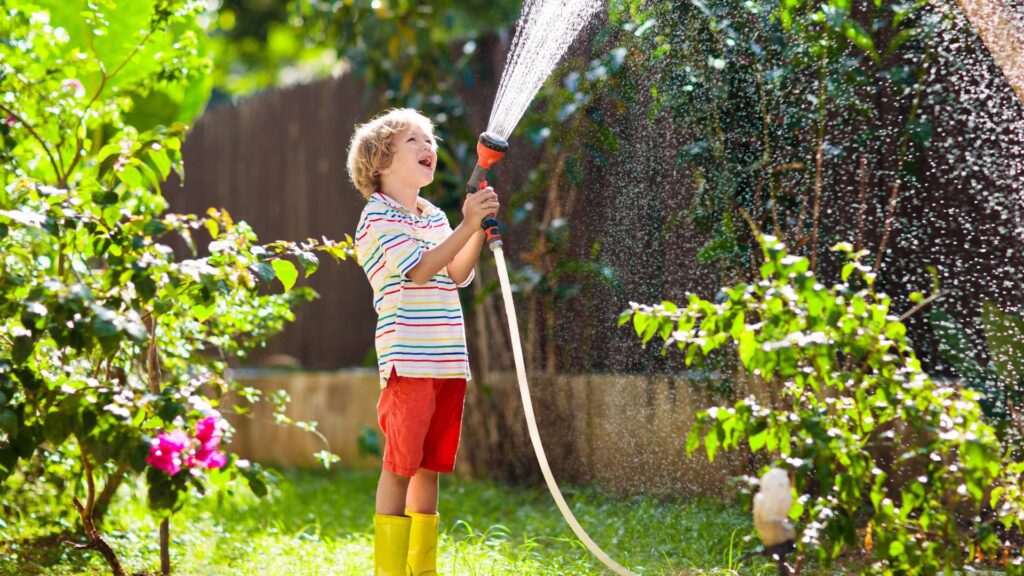In today’s fast-paced society, where every minute counts and schedules are packed to the brim, ensuring children get enough sleep can be a daunting task for many parents. With the rise of technology and increased screen time, coupled with the demands of school and extracurricular activities, it’s no wonder that sleep issues among children are becoming increasingly prevalent.
In the quest for a quick fix, many American parents are turning to over-the-counter remedies, such as melatonin, to help their children fall asleep faster and stay asleep longer.
A survey conducted by the American Academy of Sleep Medicine found that 46% of American parents have given melatonin to a child under the age of 13.
However, experts warn that this trend may come with serious risks and consequences.
Melatonin is a hormone produced naturally by the body’s pineal gland and plays a crucial role in regulating sleep-wake cycles. Its production is influenced by exposure to light, with levels typically rising in the evening as darkness falls, signaling to the body that it’s time to sleep. Given its role in sleep regulation, melatonin supplements have gained popularity as a natural sleep aid, especially among parents seeking solutions for their children’s sleep troubles.

The Risks of Melatonin Use in Children
Despite its widespread use, experts caution against the indiscriminate use of melatonin in children, particularly without medical supervision. While melatonin supplements are generally considered safe for short-term use in adults, the long-term effects of regular use in children are not well understood. Furthermore, there is limited research on the safety and efficacy of melatonin supplements in children, especially when used for an extended period.
One of the primary concerns surrounding the use of melatonin in children is its potential impact on hormone regulation and development. The pineal gland, which produces melatonin, is intricately involved in the body’s endocrine system, which governs the release of hormones essential for growth and development. Introducing exogenous melatonin through supplements may disrupt the delicate balance of hormones in growing children, potentially leading to long-term consequences that are not yet fully understood.
Additionally, there is little evidence that supports the long-term use of melatonin. The NIH points out that “there are uncertainties about what dose to use and when to give it, the effects of melatonin use over long periods, and whether melatonin’s benefits outweigh its possible risks.”
Beyond the physiological concerns, there are also behavioral and psychological implications associated with the use of melatonin in children. Relying on sleep aids to address underlying sleep issues may overlook the root causes of sleep disturbances, such as poor sleep hygiene, excessive screen time, or underlying medical conditions. By masking these issues with melatonin supplements, parents may inadvertently delay seeking appropriate interventions and support for their children’s sleep problems.
Promoting Healthy Sleep Habits Without Melatonin
So, what can parents do to promote healthy sleep habits in their children without using melatonin supplements? First and foremost, establishing a consistent bedtime routine is key. This includes creating a relaxing pre-sleep environment, limiting screen time before bed, and ensuring that children get enough physical activity during the day. Additionally, addressing any underlying issues contributing to sleep disturbances, such as anxiety or sleep apnea, is essential for long-term sleep health.
If parents are considering using melatonin supplements for their children, it’s crucial to consult with a healthcare professional first. A pediatrician or sleep specialist can help determine whether melatonin is appropriate for a child’s specific sleep issues and provide guidance on dosage and duration of use.
While melatonin supplements may offer temporary relief for children struggling with sleep issues, their long-term safety and efficacy remain uncertain. American parents must weigh the risks and benefits carefully and explore alternative strategies for promoting healthy sleep habits in their children. By addressing underlying issues and implementing evidence-based sleep practices, parents can help their children achieve restful and rejuvenating sleep without relying on potentially harmful sleep aids like melatonin.
Sources:




